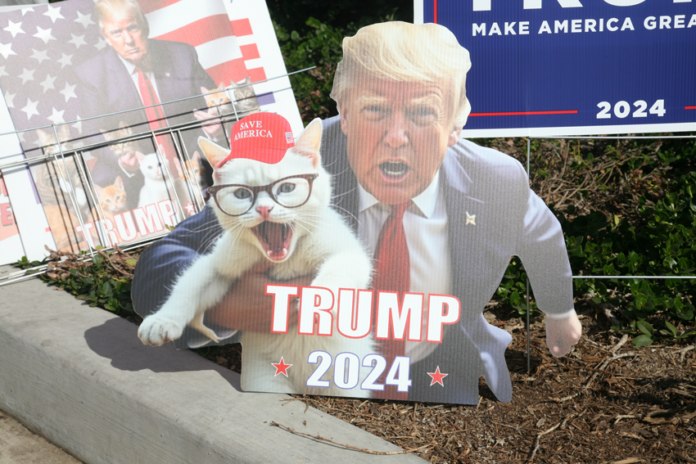It seems the 2024 U.S. presidential election was won by the lumber yard and feed store, which are often seen together in rural, just-outside-of-town, and just-outside-of-city locations across the U.S. The customers of these establishments can give insight into the political geography and Habitus of the electorate according to Bourdieu. The election appeared to be won by those connected to lumber yards and feed stores, reflecting the economic and social habits of the occupants of these spaces. Habitus can reveal social, economic, and possibly ideological patterns associated with these sites.
Exploring the political geography of economic spaces and shared habitus can offer a more comprehensive explanation of electoral outcomes. Factors such as gender, age, and urban-rural divides only partially explain why certain parties or candidates win. Understanding the patrons and owners of lumber yards and feed stores can shed light on common practices that transcend various demographic categories.
People who frequent lumber yards and feed stores come from diverse backgrounds and engage in activities like gardening, homesteading, and animal care. They may utilize these establishments for a range of needs, from carpentry projects to purchasing supplies for their animals. This shared habitus may reflect a rejection of certain modernization theories and align with a form of traditionalism that resonates with a subset of voters.
Bourdieu’s concept of habitus allows for an analysis of space, practices, and ideas, providing a framework to understand electoral outcomes. The social and economic spaces of lumber yards and feed stores are linked to social habits, practices, and ideological trends, which may have influenced the election results.
It appears that Trump secured support from the patrons of lumber yards and feed stores, indicating the significance of these spaces in shaping political preferences. In contrast, the losing side failed to resonate with this demographic, highlighting the importance of understanding diverse perspectives within the electorate.
For a more nuanced understanding of the electorate, it may be beneficial to engage in political-ethnographic research within these social and economic spaces, bridging the gap between urban and rural communities. By acknowledging the complexity of voter motivations and habits, a more inclusive approach to politics may emerge, fostering dialogue and understanding across different segments of society.
Further Reading on E-International Relations




